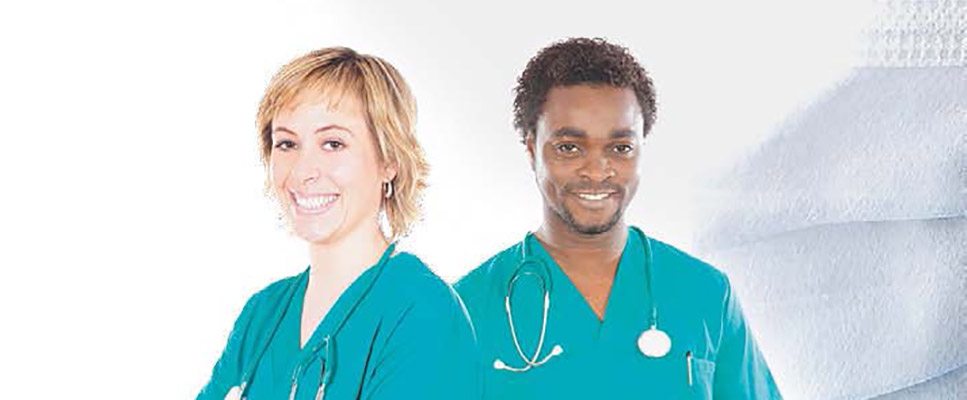
[This piece was written by Debra Trees, Au.D., CCC-A, Doctor of Audiology, Audiology Supervisor at St. Peter’s Hospital Hearing and Speech.]
Hearing loss is usually gradual and painless; as a result, it’s easy for many people to ignore. The Better Hearing Institute estimates that nearly 40 million Americans have some degree of hearing loss, which represents around 15 percent of the population. That number jumps to nearly 75 percent for Americans ages 75 and over, according to The National Institutes of Health.
New research shows that hearing loss can contribute to memory issues and increased effort of listening and comprehension. And although hearing loss is not just an ailment of old age, it can have the unintended effect of making the person living with it appear older, as they can become confused when they are in unfamiliar or noisy situations.
It is critical to address the issue as soon as possible, to circumvent the numerous social, cognitive and health effects of delaying treatment.
Regardless of severity, the first step is to talk to your doctor. The problem may be simply a buildup of ear wax, which can be removed. An ear-nose-throat doctor can also check for ear infection, a ruptured ear drum, tumor, or abnormal bone growth that may be interfering with hearing.
Although a physician can confirm a hearing deficit and rule out abnormalities, a referral to an audiologist is usually needed to determine the nature of the hearing loss and to make recommendations for dealing with that loss.
If a hearing aid is recommended, the technology in today’s devices has enabled an amazing transformation in the hearing aid marketplace. The state-of-the-art hearing aids available today are highly effective, sleek, and sophisticated electronics that can help people stay connected.
Today’s hearing aids can be as discreet or as visible as the wearer prefers, and are available in digital and wireless models. Recent technological advances have made hearing aids more versatile in a broad range of sound environments, with many connecting directly to a smartphone or the internet. Others offer waterproof capabilities for individuals with active lifestyles.
Regardless of your age and whether your hearing loss is mild, moderate or severe, help is available. With time, patience, and the assistance of a hearing aid professional, you can transition to hearing the world around you once again.
St. Peter’s Hospital Hearing and Speech at 1240 New Scotland Road in Slingerlands offers comprehensive care for hearing problems from diagnosis through rehabilitation. Children and adults can be tested and if appropriate, fit with hearing devices that can make it easier to hear the sounds of life. Call 475-1818 for information.





